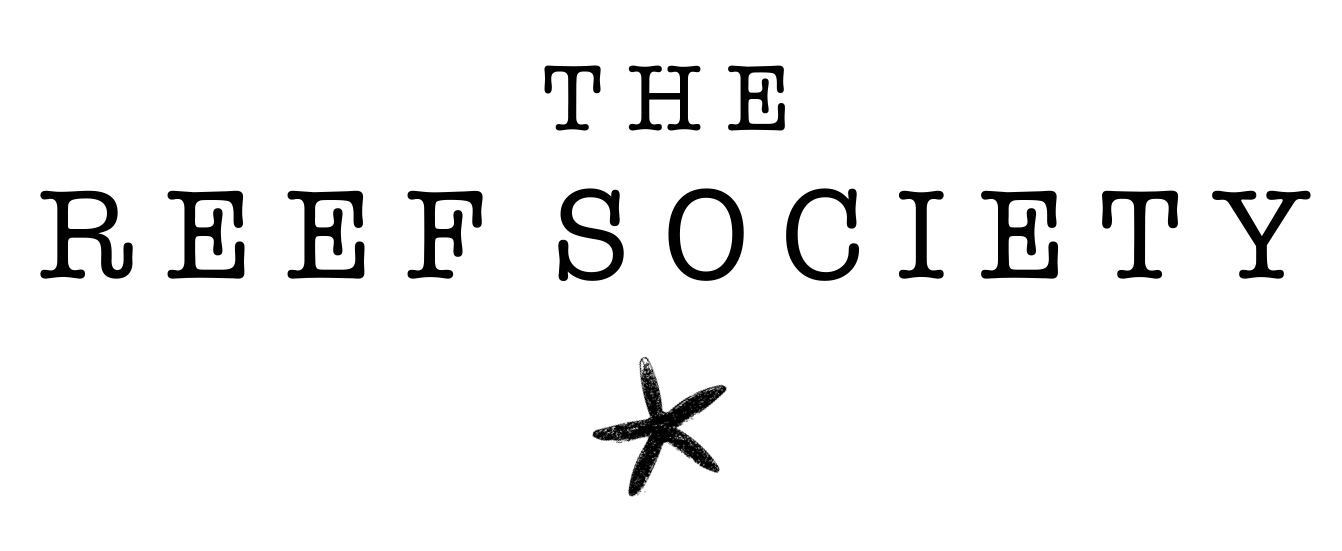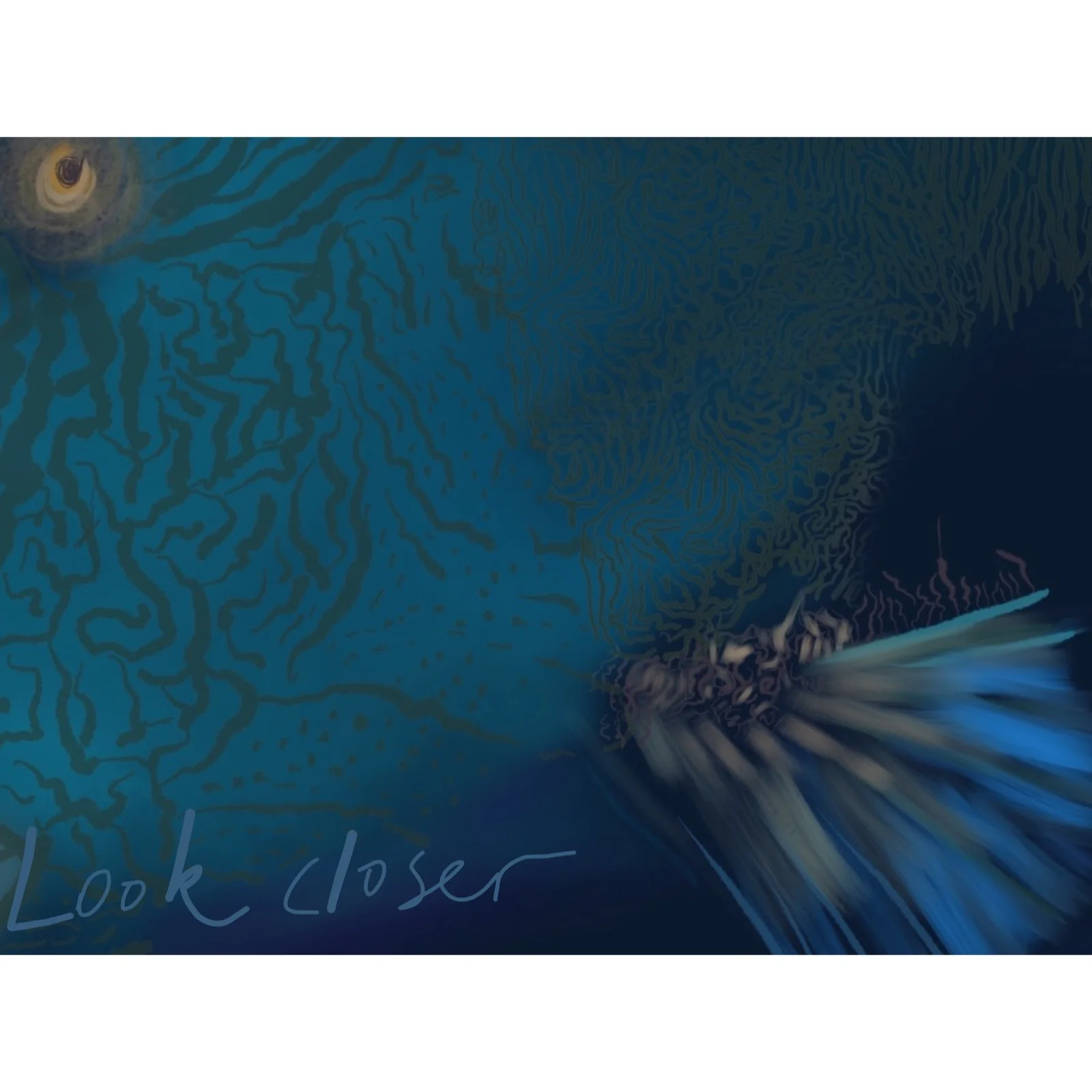In my 40 years here on the reef, the world has seen global population and environmental pressures increase. We have seen environmental crises from a mixture of natural and human influences. On the reef here I've seen the effects of excessive trawling, cyclones, crown of thorns starfish and coral bleaching. There are a lot more people around now to observe these crises - including researchers. When I was first here we were more likely to see a Taiwanese fishing boat stealing clams than we were to see anyone else.
These periodic crises - especially if they're visible and filmable - get huge media coverage and usually create controversy.
During a crisis the media and the people speaking to the media have a choice. If presented as a threat with inevitable dire consequences - such as the reef dying in our lifetime - all it does is generate panic, depression, hand wringing and - importantly - a global perception that there's no point going to the reef because it's dying. Taking that approach is the real threat.
A much better approach is to use the current bleaching event as a wake up call and opportunity to build awareness of the need to maintain SYSTEM INTEGRITY - to build reef resilience and maintain biodiversity . The mechanisms to do this have been well identified by AIMS/GBRMPA - for example good water quality and no-take zones as refugia for biodiversity replenishment.
Nature is already remarkably resilient. Coral reefs have been around for close to 500m years in various forms and have evolved through dramatic climatic changes. Our modern reefs - are remarkably diverse and resilient systems composed of millions of tiny cogs in a giant wheel, and it's this complexity that gives it dynamic stability. One of the main contributors to that diversity is the relatively recently evolved Acropora spp - the plates and staghorns - that are fast growing and create a wide variety of habitats for many other reef animals. They are also the most vulnerable to coral bleaching. So while reefs have recovered in past major events we are probably entering new territory. Again though, as David Attenborough has recently repeated "the resilience of the natural world gives you great hope, really."
We do need the science, but science needs to be a helpful tool that encourages our own society to become embedded within the greater society of the natural world. If science makes people feel guilty and alienated it will not achieve its greatest gift - an objective and rationale view of our world based on fact. The reef is nature's greatest masterpiece - it inspires, it is magnificent and it's processes can point to smarter ways to collaborate, use resources efficiently and to grow global resilience.
One way to use science within society right now is to get more people out to the reef to see and experience first hand its remarkable beauty and complexity. Reef tourism operators are almost without exception passionate and careful custodians of our reefs. Most have marine biologists or reef interpreters to help their visitors use a different lens to see the reef. We need people from Melbourne and Mumbai, Sydney and Shanghai, Terrigal and Timbuctoo to experience the reef.
When we observe we become aware
When we are aware we care
When we care we conserve.
Everyone can do something. We have large scale problems but the solutions are fine scale. Many are already doing a great job and are role models for "treading lightly" - often those whose daily lives are engaged with the natural world. Many farmers, individuals and companies are reducing waste, minimising energy consumption and doing things smarter.
Spending time quietly in the natural world is probably the most important and urgent lesson for citizens of all ages in our society today.

